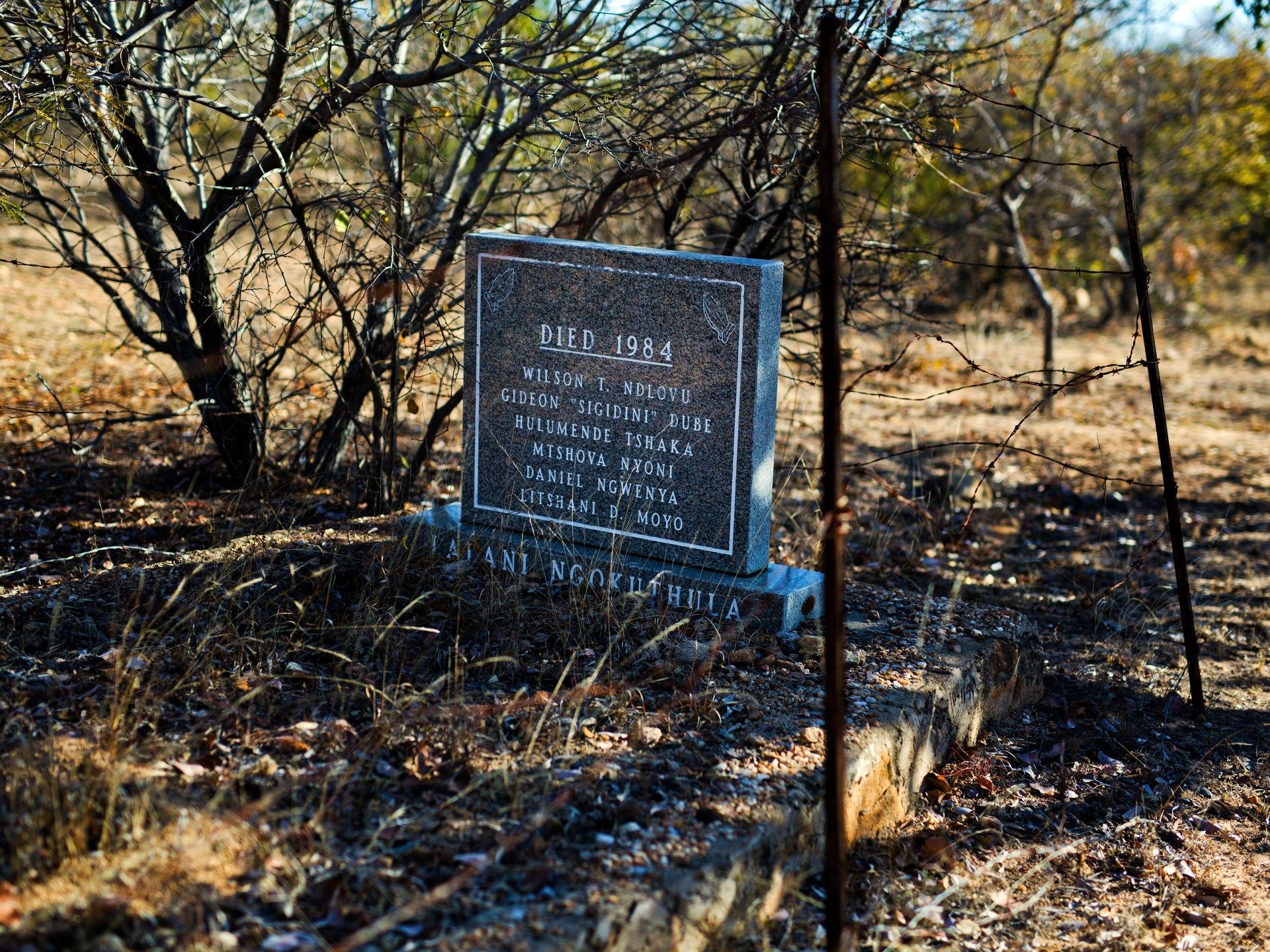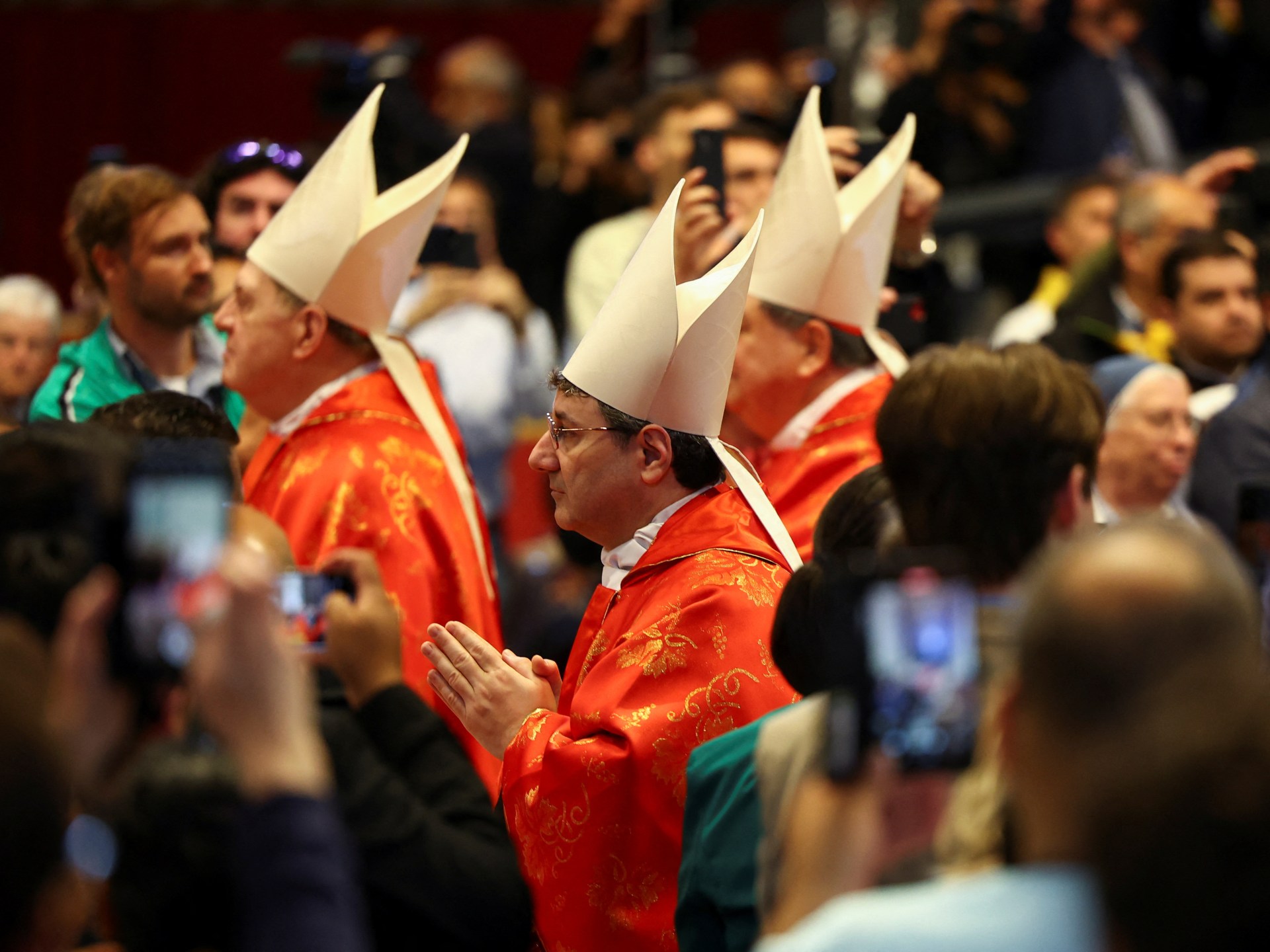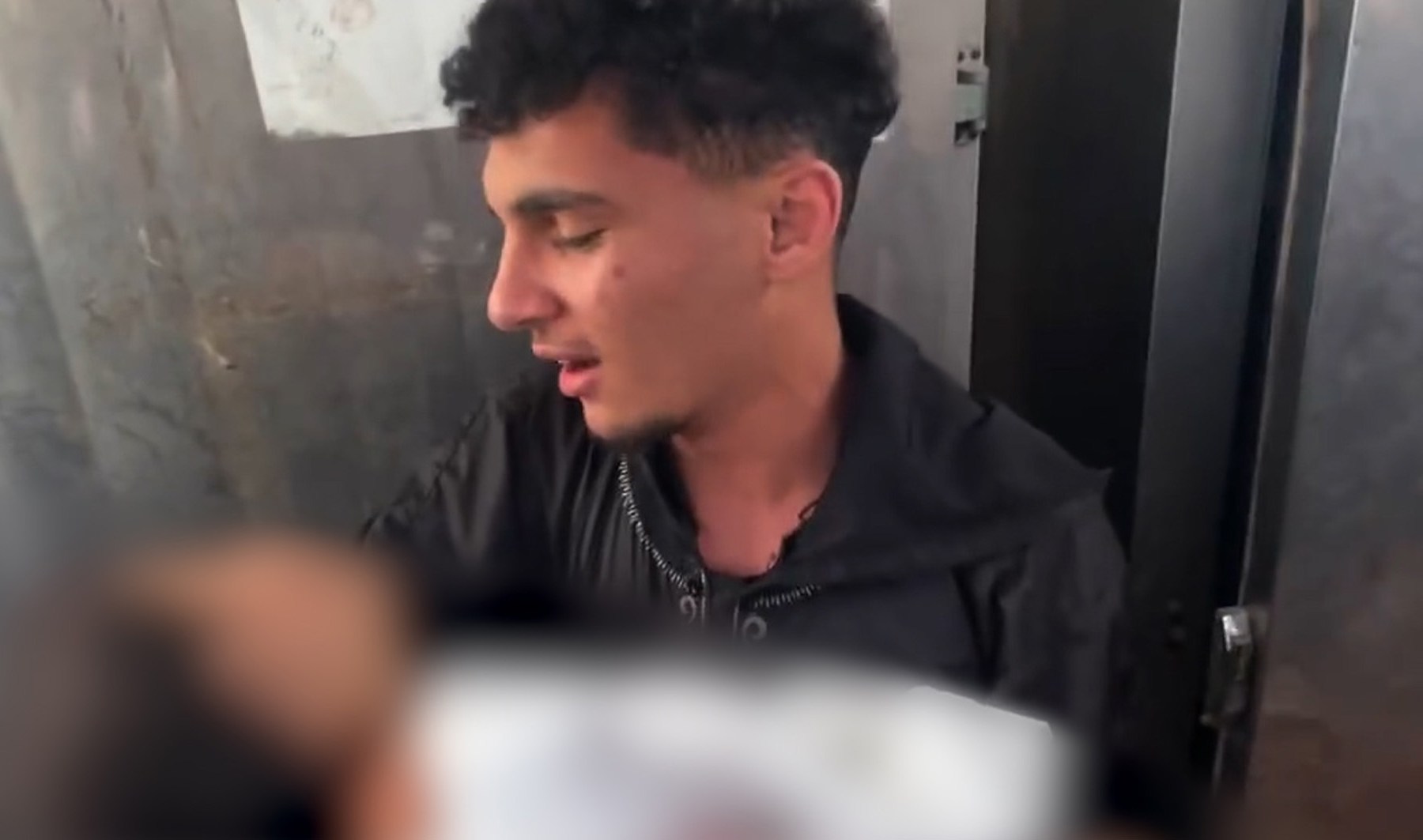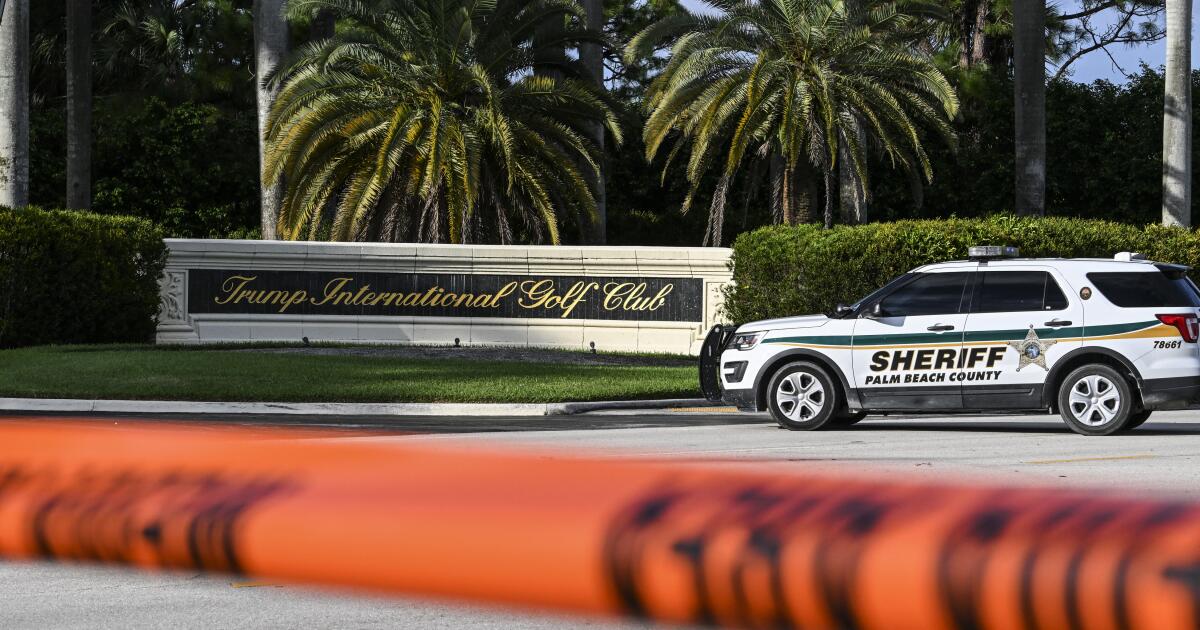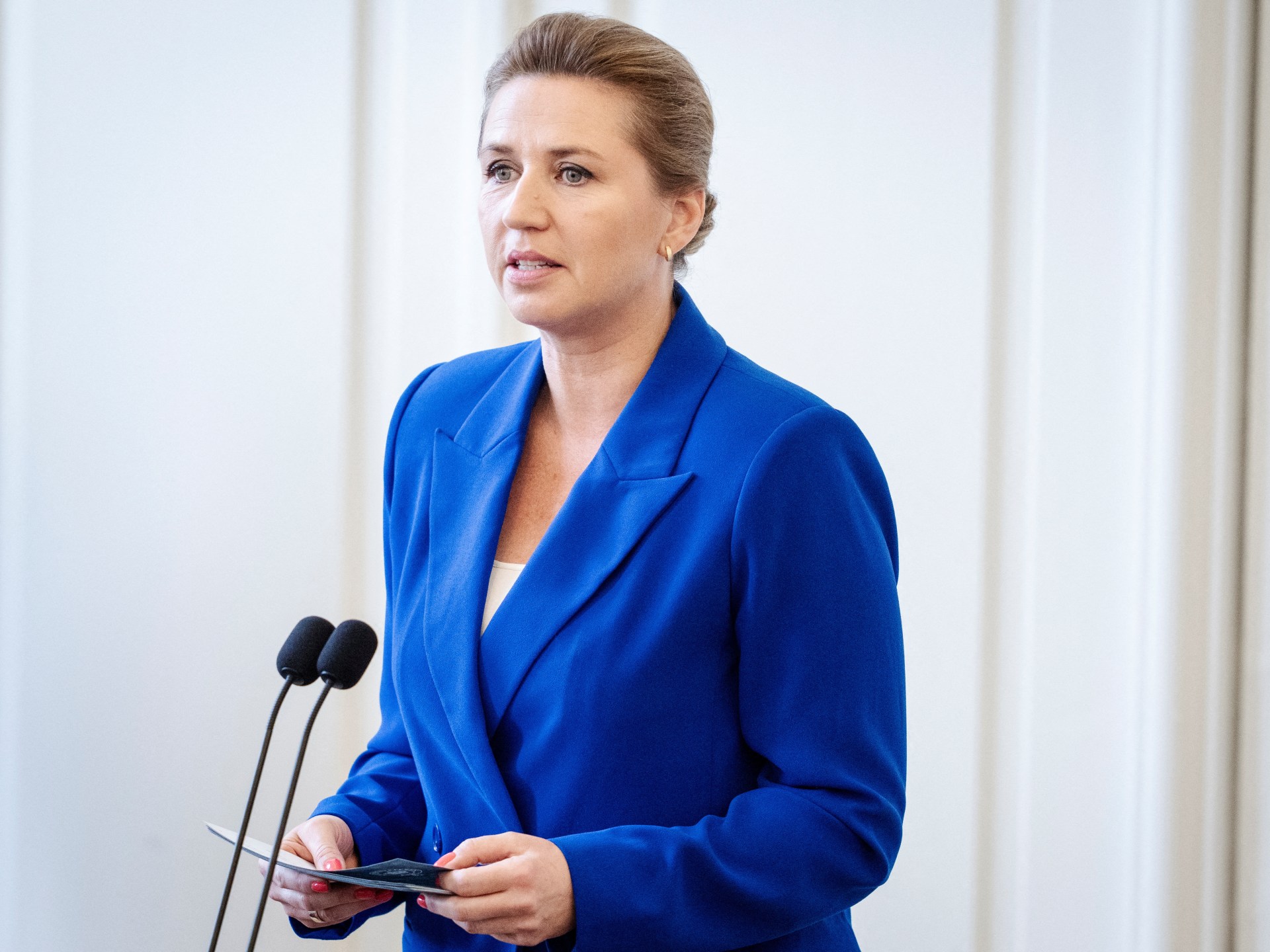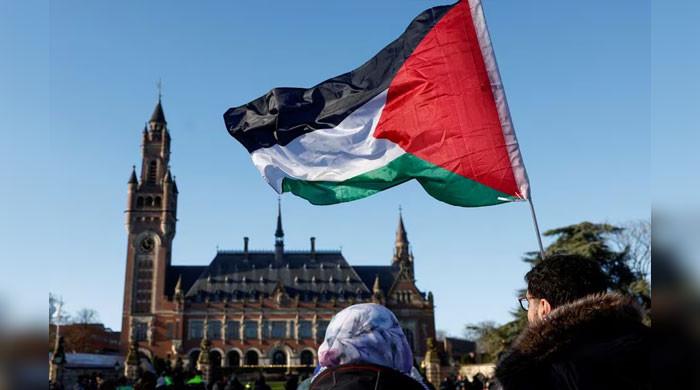Many survivors say the ghosts of Gukurahundi are still unrested.
For decades, justice has eluded the thousands of people who were killed by a feared army unit in Zimbabwe's southwestern and central provinces in the 1980s.
The killings, which some have called “genocide,” are believed to have been carried out on the orders of the late former president Robert Mugabe, who ruled the South African country for more than 29 years and cracked down on political dissidents.
Some 40 years after the killings, Zimbabwean authorities last week launched a “community engagement” program that officials say will promote “healing, peace and unity” in surviving communities.
But many of those affected are sceptical, saying justice cannot come from a government formed by officials allegedly involved in the killings and which they say has yet to fully acknowledge the weight of the atrocities committed.
“It was a genocide, even the government knows that,” activist Mbuso Fuzwayo told Al Jazeera. “But there is no acknowledgement. That is an important thing we expect from the government,” he said.
What was the Gukurahundi massacre?
Between 1982 and 1987, the Fifth Brigade, a North Korean-trained unit of the Zimbabwean army, cracked down on predominantly Ndebele-speaking communities in the southwestern provinces of Matabeleland North and South, as well as in the central Midlands province.
The operation, codenamed Gukurahundi, meaning “rain that washes away the straw” in Shona, targeted dissident fighters from the Zimbabwe African People’s Union (ZAPU) political party.
ZAPU, chaired by politician Joshua Nkomo, had most of its support in the minority Ndebele-speaking regions and was a rival faction to President Mugabe's Zimbabwe African National Union (ZANU).
Although both fought against the white regime and Nkomo served as interior minister under Mugabe, the two distrusted each other. In 1982, Mugabe sacked Nkomo, accusing him of plotting a coup to overthrow the newly independent country's government, and vowed to expel his supporters from positions of influence.
However, the Fifth Brigade did not just attack ZAPU members, they also attacked civilians en masse and at random, including women and children. They executed people in public squares after digging their own graves or took them into buildings and burned them alive.
“They killed, they raped, they tortured, they made people disappear,” said Fuzwayo, secretary general of the local human rights group Ibhetshu LikaZulu. His grandfather was one of those missing. “People were shot in broad daylight, people were starving because they were not allowed to move around to buy anything.”
Hundreds of young men of military age, considered potential rebels, were also persecuted and taken to concentration camps.
The massacres ended after the two rival factions agreed to merge and form a national unity government in 1987. The exact death toll is unclear, but local sources put it at at least 20,000.
Bodies were left in burned buildings or dumped in mine shafts. Survivors recovered thousands, which now lie in many mass graves in the region.
Has the government tried to solve murders in the past?
Although the government has never officially acknowledged the killings and has denied that a genocide took place, Mugabe's government has made some attempts to investigate.
The first was the Chihambakwe Commission of Inquiry, set up in 1983, when the killings were still taking place and the government was facing enormous pressure from the international press and human rights groups.
The commission, named after its chairman Simplicius Chihambakwe, investigated the killing of 1,500 people, including Ndebele dissidents and civilians. However, the government never made the findings public, arguing that they would lead to further violence.
In 2013, Mugabe’s government created the National Peace and Reconciliation Commission. However, while the commission’s mandate includes fostering unity by “encouraging people to talk about the past,” it is not specifically empowered to address the Ndebele massacres.
Officials in the former president's cabinet have said it was Mugabe who ordered the killings, but this has never been proven.
Mugabe's government then denied the allegations. In 2000, the former president called the killings a “moment of madness” but did not acknowledge direct responsibility. The Zimbabwean government has also not officially apologized for the killings.
Locals say they were unable to talk about the massacre for a long time because they were afraid of retaliatory attacks by soldiers.
What is the new reconciliation agenda under Mnangagwa?
Since former Vice President Emmerson Mnangagwa assumed the presidency in 2017, he has promised justice for survivors.
The president promised to exhum the bodies of the remaining victims and bury them. He also pledged to work with local leaders and civil societies to issue death certificates for the victims, as well as birth certificates for their descendants, many of whom lost their identity documents when their parents were killed or when they were forced to flee amid the killings.
For the first time, Mnangagwa encouraged people to openly discuss the painful history.
In 2019, the President began meeting with Matabeleland chiefs and civil society organisations to consult on how to achieve some form of restoration.
On July 16, Mnangagwa launched the Gukurahundi Community Engagement Programme at a launch ceremony in Bulawayo, the largest city in the Matabeleland region.
“This chapter serves as a stark reminder of the fragility of unity and the devastating consequences of disunity,” Mnangagwa said in a speech at the launch.
The programme is expected to lead the reconciliation process with the support of women's representatives and religious leaders. It will consist mainly of community hearings in which victims will give their version of events and provide evidence. Authorities say survivors will be provided with psychosocial support and benefits such as pensions, health services and free education. It is unclear when exactly the community hearings will begin.
Some members of the survivor communities say they have little hope in the exercise, mainly because Mnangagwa himself is implicated in the killings because he was Minister of State for National Security between 1980 and 1988, the period when the Gukurahundi massacres took place. Mnangagwa has repeatedly denied allegations of involvement in the past.
“There is no difference between the Mugabe government and the Mnangagwa government, except that this government allows people to talk about what happened,” said activist Fuzwayo, arguing that a proper investigation should be carried out by external teams not involved in the massacre.
“The people who were actively involved in the extermination of people still hold the reins of power, and this government has refused to publicly admit: ‘Yes, we killed people.’ Mnangagwa can come out and say: ‘We did this.’ Until that is done, there will always be a culture of impunity in this country,” he added.
The Community Participation Programme does not specify how perpetrators will be involved or whether archived reports on the massacres will be released, a condition that many Ndebele activists have called for. It is also unclear whether there will be monetary compensation for survivors and victims' families.

Is Gukurahundi still affecting Matabeleland regions?
Members of the Ndebele-speaking minority, which makes up about 14 percent of the population, accuse successive governments of “marginalization and exclusion” based on tribalism, despite an end to the killings. Most distrust the Shona-majority government.
Many say the Matabeleland region is impoverished, lacks infrastructure or employment opportunities and has failed to develop at the same pace as other provinces.
Many also point to the fact that a core of professionals were killed in the massacres, which increases the backwardness of the region's development.
“They killed most of the teachers, architects, the core of a society. Matabeleland has lost its identity: we were beaten into submission,” Fuzwayo said.
Zimbabwe, under both Mugabe and Mnangagwa, has a history of human rights violations and discrimination. As president, Mnangagwa has been accused of packing his cabinet with members of the Karanga community, a subgroup of the Shona to which he belongs.

